Smart hotel rooms are creating a lot of buzz in the hospitality industry right now, emerging as one of the premier trends of the day. Clients are drawn to smart hotels for several different reasons, including enhanced convenience and greater scope for personalizing their stay. More and more hotel owners are interested in adopting and deploying smart hotel solutions; however, it’s not always easy to identify ways this can be done. In this article, you’ll find seven smart hotel solutions for turning a standard hotel into tomorrow’s enticing smart hotel.
Presenting the Smart Room: What is it?
Before going any further, defining the term ‘smart hotel room‘ is necessary. A smart room utilizes the IoT, or the Internet of Things. The IoT is a blanket term for systems using everyday devices fitted with microprocessors and connected to the internet. In a smart hotel room, there may be several devices that can receive and transmit information digitally.
IoT devices are frequently termed ‘smart’ and come with several benefits. Smart room technology allows several possibilities, including automation, greater energy efficiency, and superior responsiveness. Smart devices open up options such as voice control or connectivity via a smartphone app.
The Growing Importance of Smart Hotel Solutions
The concept of smart hotel room solutions is increasing in importance. This is largely because of the improvements it offers to the customer experience. To offer a few examples, smart hotel solutions allow a guest to adjust the heating, cooling, and lighting in a room to create their ideal surroundings — all without needing to tweak and adjust every individual device by hand.
A smart hotel room could offer similarly-equipped devices for entertainment, such as a TV or stereo system with voice command control. It could also provide options such as ordering room service via an app or other interface, avoiding the need to interact with staff. Improvements like these make the guest’s stay more comfortable and convenient. This leads to a better perception and a more memorable visit, increasing the likelihood that the guest will return or use a hotel in the same chain for future stays.
Neither should one underestimate the novelty value of smart hotel technology. Because the smart hotel concept is new, smart hotel solutions provide a “Wow!” factor that can boost demand. This lets hotels enhance their room rates and benefit from increased revenue. Simultaneously, smart hotel solutions can reduce outgoings through efficiency and other savings. These factors can offset the cost of investing in smart hotel solutions.
7 Smart Hotel Solutions to Smarten Up Your Hotel
1. How Smart Hotel Solutions Put Guests in Control
Instilling personalized room controls is one tactic for transforming a conventional room into a smart one. Key devices (such as lighting, heating or AC systems, blinds, or curtains) with IoT capability can be linked to the hotel’s systems through a central controller. This could be a smart hub, speaker, smartphone, or tablet.
One example is the Hilton chain, which has introduced a smartphone app that allows guests to interact with their room thermostats. Some chains have taken an even more ambitious approach, equipping multiple devices with internet connectivity and implementing smartphone control. Guests can use their phones to personalize the conditions in their rooms, and the devices automatically regulate the environment. With the Amazon Echo and similar gadgets becoming more widespread, features like voice-controlled lighting have become more popular.
2. Entertainment with Voice Control
The ease with which a room’s entertainment devices can be connected to a hotel’s systems makes it simple to implement voice control. Using voice recognition and simple commands, guests can turn the TV on or off or adjust the volume regardless of where they are in the room.
That’s not the limit of this concept, however. With more sophisticated apps, users can enjoy even more control. Some smart hotel systems allow users to perform complex actions such as selecting pay-per-view entertainment using voice commands or setting up and playing a personalized music playlist via a smart speaker. Users can enjoy the convenience of activating entertainment devices from any part of the hotel room.
3. More Rapid Guest Services
One important benefit of smart hotel technology is how devices can be connected to services provided by the hotel. These run the gamut from traditional and familiar options, such as ordering room service, to more novel services, like booking a session at the hotel gym or arranging a massage.
A system might use smart hotel solutions such as smart hubs (similar to Amazon’s Echo or Google’s Home Hub), controlled through voice activation. Hotels may also provide access via the television using an app and opt to issue guests with a tablet device. Guests could use voice commands to arrange a session at the hotel spa through a smart hub or select room service options using a touch-screen device.
4. Smart Hotel Solutions and Sustainability
Today’s hotel guests are more and more focused on concepts such as energy efficiency and sustainability in general. Brands offering ecologically responsible options can command premium rates. Hoteliers themselves need to take an active interest in sustainability too. Where there’s an opening for savings on energy, there’s also an opening for better results in the business.
This is where smart hotel solutions come in. For example, picture a hotel room where IoT-enabled lighting systems detect the overall light level and automatically turn the lighting up or down. Meanwhile, ioT-enabled heating or cooling systems could turn off and on depending on the temperature, room occupancy, etc. This offers obvious energy and money-saving opportunities.
5. Interactive Hotel Maps
Modern hotel chains have developed many innovative techniques to introduce smart hotel solutions to their properties. One is the interactive wall map. These can provide a helpful depiction of the hotel’s layout and real-time updates on things like opening times for services (restaurants, gyms, etc) or feedback from online reviews.
The Premier Inn chain’s Hub Hotel advances this concept by incorporating AR (augmented reality) technology. Guests install the Hub Hotel app on their personal smartphones and then point the phone at one of the interactive maps to learn more about hotel services, local information, tourist attractions, and other points of interest.
6. Anticipating Consumer Needs: Smart Choices
User privacy is of paramount importance and care must be taken when collecting data about a guest’s stay. That said, some smart hotel room use data can be collected without impinging on personal privacy. Basic information on device usage is one example.
For instance, there may be certain radio stations that are often requested via the hotel’s smart speakers. A smart hotel company could collect this data and use it to select a default station option. This is called a data-driven decision. It makes life easier for future guests by anticipating their needs.
7. Personalizing In-room Entertainment with Smart Hotel Solutions
Last but not least, hotel rooms can be given smart treatment by introducing IoT-enabled entertainment devices that allow greater personalization of guests’ entertainment. Systems may be set up so that guests can connect their accounts to the hotel’s devices. For example, guests might want to log into Netflix from the hotel’s TV or access their Spotify playlist through the room’s smart speakers.
To meet this demand, Amazon has introduced a product called Alexa for Hospitality; this utilizes a revamped version of the Amazon Echo smart speaker to facilitate voice control for smart hotel devices and systems. In the future, Amazon intends to provide an option for guests to access their accounts via the modified speakers so they can listen to previously purchased music or audiobooks.
Smart Hotel Room; What Are the Benefits for Hotel Owners and Guests
In the article “Smart Hotel Room; What Are the Benefits for Hotel Owners and Guests” you will find out more about how smart hotel solutions can benefit hotel owners and guests alike.
Video: Example of a Smart Hotel Room
Video: Smart Hotel Solutions- Las Vegas Hotels Go High Tech
Hotel Automation: Benefits, Tools, and Trends
Hotel automation can cut costs and take the burden of repetitive tasks from your busy staff. Did you know that it can also improve your guest experience too? From smart hotel rooms and robot concierges to PMS integration and AI customer service, this article looks at how hotel automation is set to revolutionize the industry.
In “Hotel Automation: Benefits, Tools, and Trends,” you’ll learn about various automated systems and how they can benefit your hotel. Discover the tools that will streamline operations and help your guests enjoy a more pleasant stay.
Hotel Door Locks as Smart Hotel Solutions
Hotel door locks can also serve as useful smart hotel solutions. Modern hotel locking systems can include mobile app-based solutions, or can be connected to biometric data to keep hotel rooms more secure. Some options also include aspects of automation, such as keycards that automatically expire at checkout time.
In the “Hotel Door Locks: The Main Lock System Types and Their Benefits” article, you will be able to explore different hotel door lock systems, learn about their benefits, and find out how to select the right locks for your hotel.
More Tips to Grow Your Business
Revfine.com is a knowledge platform for the hospitality & travel industry. Professionals use our insights, strategies and actionable tips to get inspired, optimise revenue, innovate processes and improve customer experience. You can find all hotel & hospitality tips in the categories Revenue Management, Marketing & Distribution, Hotel Operations, Staffing & Career, Technology and Software.This article is written by:
Hi, I am Martijn Barten, founder of Revfine.com. With 20 years of experience in the hospitality industry, I specialize in optimizing revenue by combining revenue management with marketing strategies. I have successfully developed, implemented, and managed revenue management and marketing strategies for individual properties and multi-property portfolios.

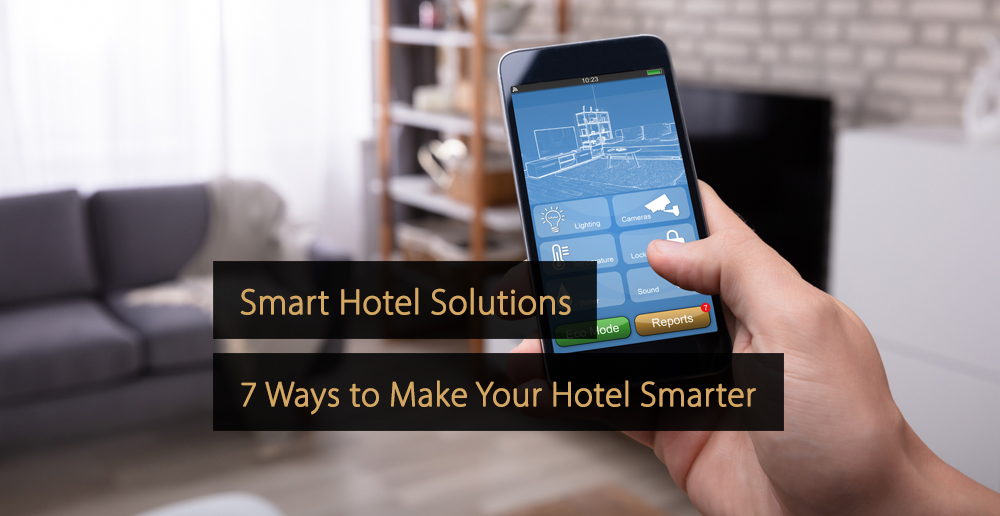

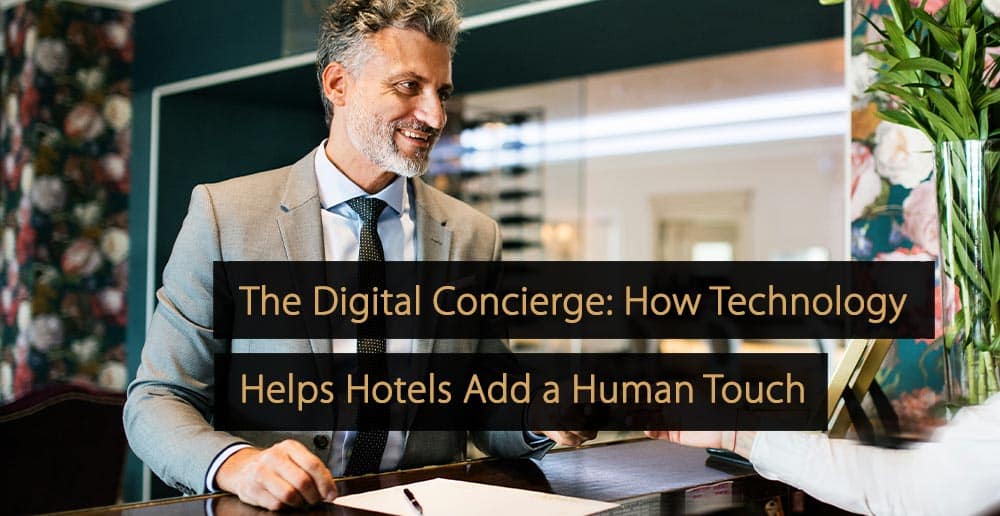
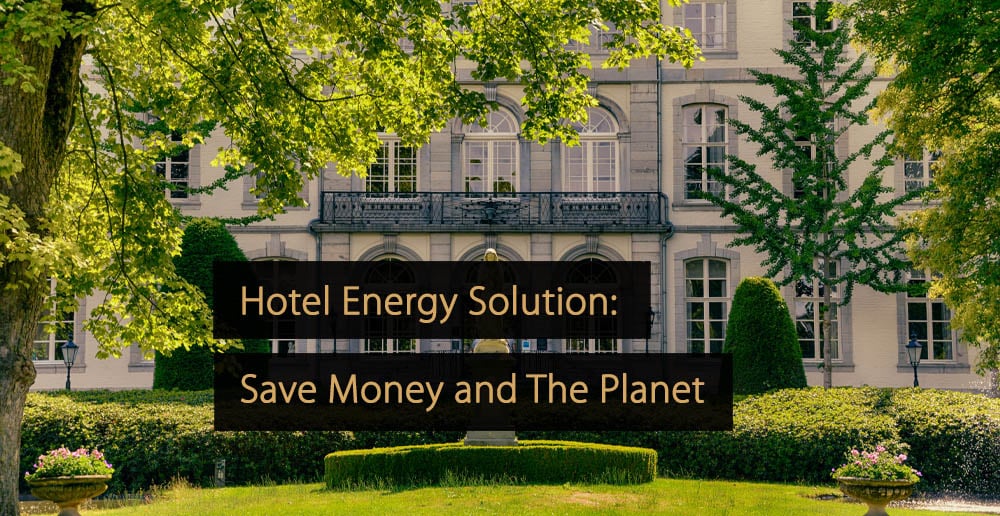
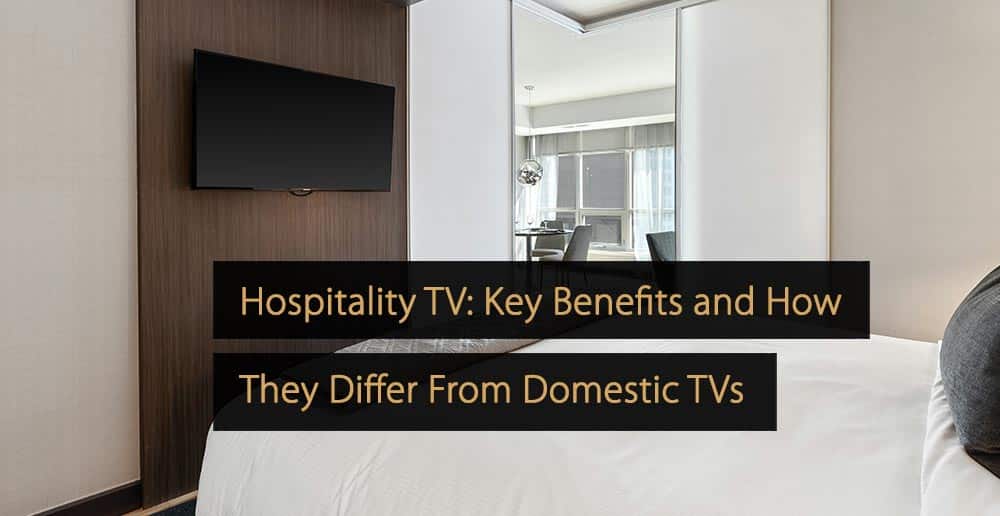
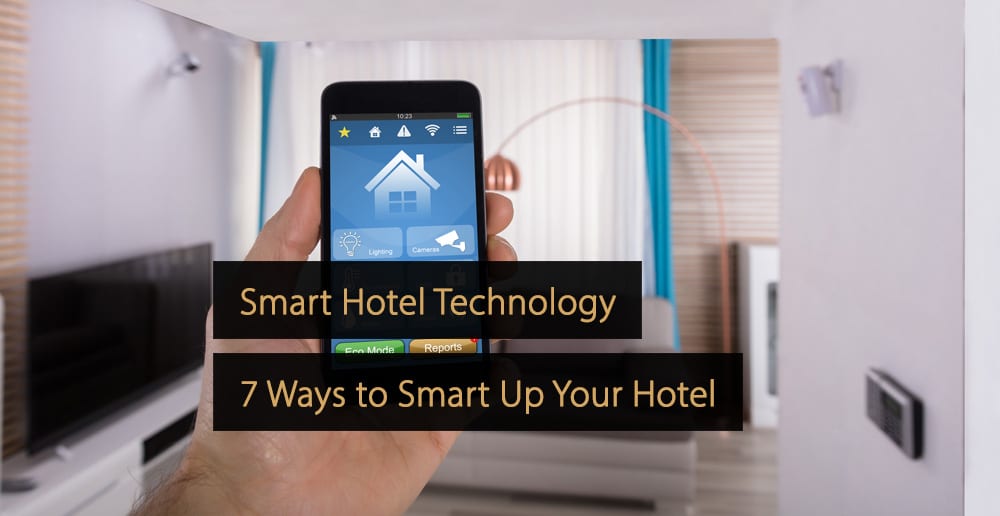
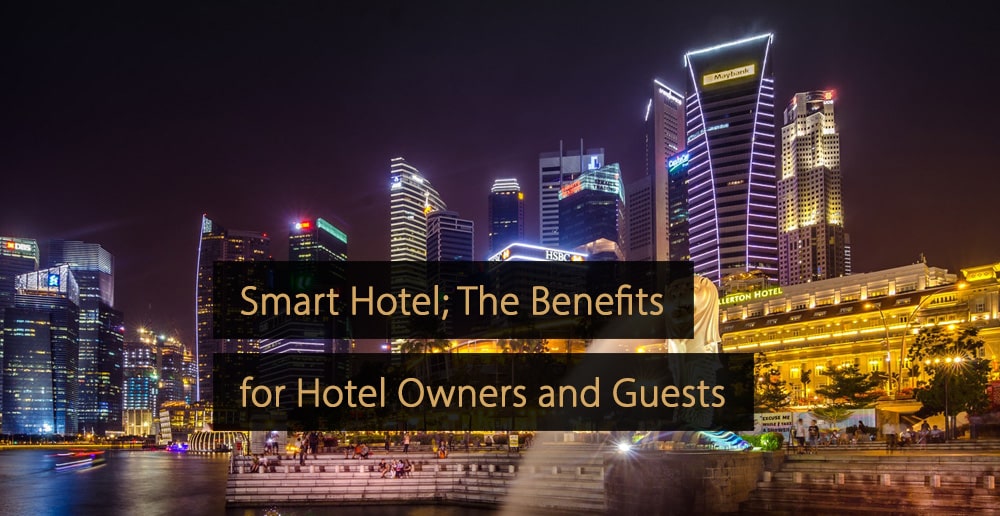
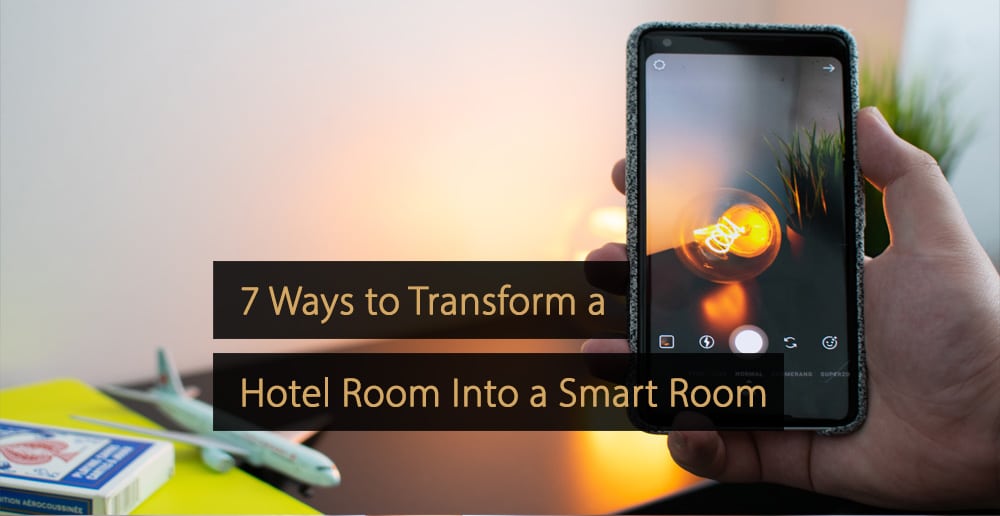
Thanks for sharing this article about smart hotel solutions. It is really helpful. I hope you will publish more articles about this topic!
Very good overview with effective solutions, thanks!